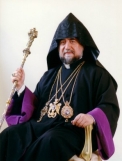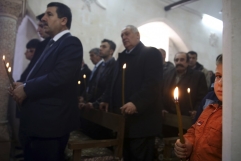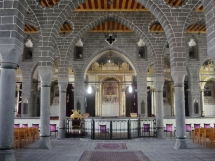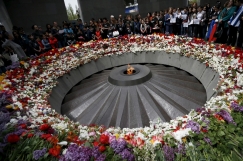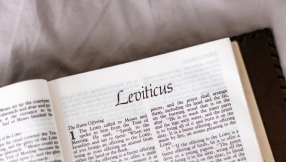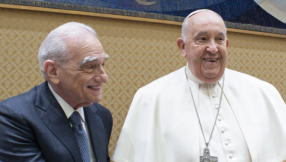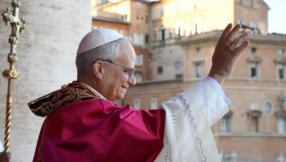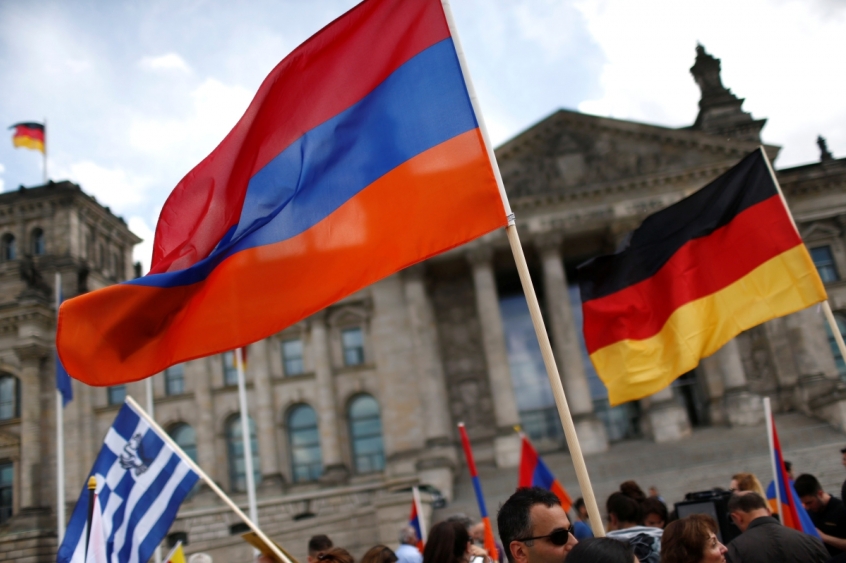
The massacre of 1.5 million Armenians by Ottoman Turks during World War One was genocide, the German Parliament said on Thursday.
The German Bundestag voted to recognise the 1915 killings as genocide in a landmark move that has already seen Turkey recall its envoy to Germany in protest.
Though nearly a dozen EU countries formally recognise the genocide, Turkey has consistently disputed it. It accepts that many Armenians died in partisan fighting, but denies that the figure is as high as 1.5 million, and says that it did not amount to genocide.
Turkey's president Recep Tayyip Erdogan said the vote would seriously affect relations with Germany, the BBC reports.
Turkish Prime Minister Binali Yildirim condemned the resolution as "irrational", and reportedly said a "racist Armenian lobby" was to blame for the decision.
Armenians and other Christian groups, including Assyrian and Chaldean Christians, were almost totally wiped out in the Ottoman Empire as a result of the genocide.
The Assyrian Confederation of Europe (ACE) applauded Germany's vote, labelling it an "important recognition of a historical fact".
"Germany's recognition is special in light of the country's own history. It once again sends a signal that Germany considers it important for countries to acknowledge their troubled past and work to rectify it for the descendants of those who were subjected to violence," a statement from ACE said.
"We reiterate that Turkey must recognize the Assyrian, Armenian, and Greek genocides and work towards reconciliation and restitution."
ACE said Assyrians "suffered great losses due to the genocide", and now fewer than 25,000 Assyrians live in Turkey. Fewer than 3,000 remain in Tur Abdin, a mountainous region in south-eastern Turkey meaning 'The Mountain of the Servants of God', which is considered the heartland of Syriac Orthodox Christianity and is for many people as important as Jerusalem.
"The path forward to a democratic and pluralistic Turkey cannot circumvent recognition of the genocides nor reconciliation between the Turkey of today and the descendants of Assyrians and other nations who suffered the same fate," ACE said.
"As an important European country with a long history of relations with Turkey, the Bundestag's recognition will serve as a strong signal to other countries to stand for the historical truth and for Turkey to cease its policy of denial."










